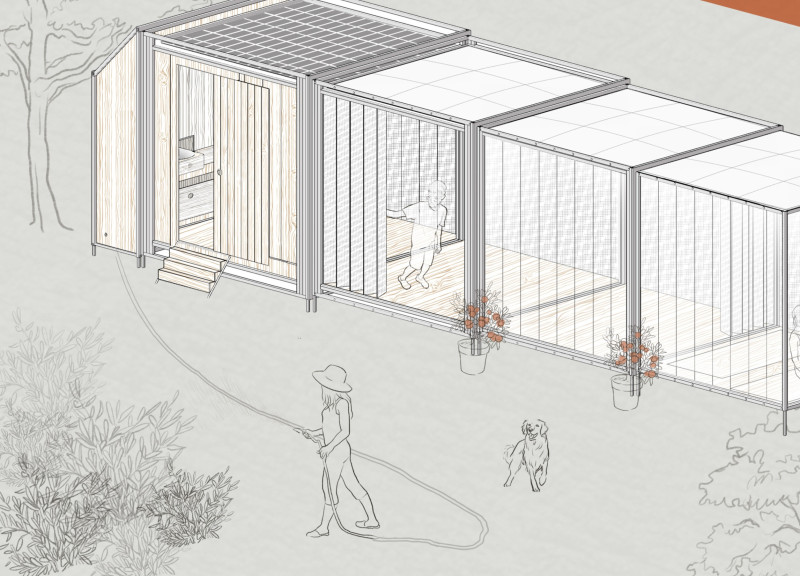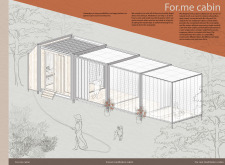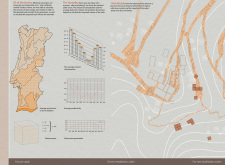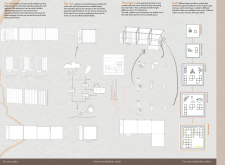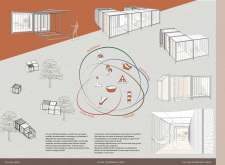5 key facts about this project
The For.me Cabin is a modular space designed for meditation and relaxation. Located within the urban context, it provides a necessary retreat for residents looking to unwind and connect with nature. The cabin emphasizes simplicity in its design while encouraging interactions among users. This thoughtful approach fosters a sense of community alongside individual moments of peace.
Architecture Concept
The design revolves around a basic cube shape, which creates an adaptable environment for various activities like meditation, yoga, and massage. This geometric form promotes easy interaction, making the space intuitive for users. The layout resembles a construction set, allowing for modifications based on individual needs. This adaptability is a key feature, supporting a personalized experience in a communal setting.
Materiality
Material selection is important for establishing the cabin's atmosphere and function. Alder wood is used prominently, chosen for its calming effects that contribute to a peaceful interior. The design also includes wooden blinds, fabric, solid wood, and glass plates, blending these materials to create a warm and inviting space. This mix of textures enhances the overall sensory experience for those using the cabin.
Sustainability and Technology Integration
Sustainability is a core aspect of the design, with systems for solar energy and rainwater collection. Solar radiation and rainfall data are analyzed to optimize energy usage and resource management. This allows the cabin to operate independently in various locations. The integration of technology, such as electromagnets for segment connections and wheels for movement, further enhances user flexibility and encourages the reconfiguration of the space to suit different activities.
Design Features and Community Engagement
The For.me Cabin is designed to adapt to uneven ground, with extendable legs ensuring stability in different environments. This feature makes the cabin accessible for various geographical settings. Additionally, there are eight types of cabins named after Portuguese symbols, connecting cultural significance to practical design. These cabins promote social interaction, creating shared spaces that enhance communal well-being and support various wellness activities.
Incorporating rainwater systems not only provides practical benefits but also reflects a commitment to ecological practices. Every element in the design harmonizes with the surrounding environment, offering a space that encourages mindfulness and personal reflection.


